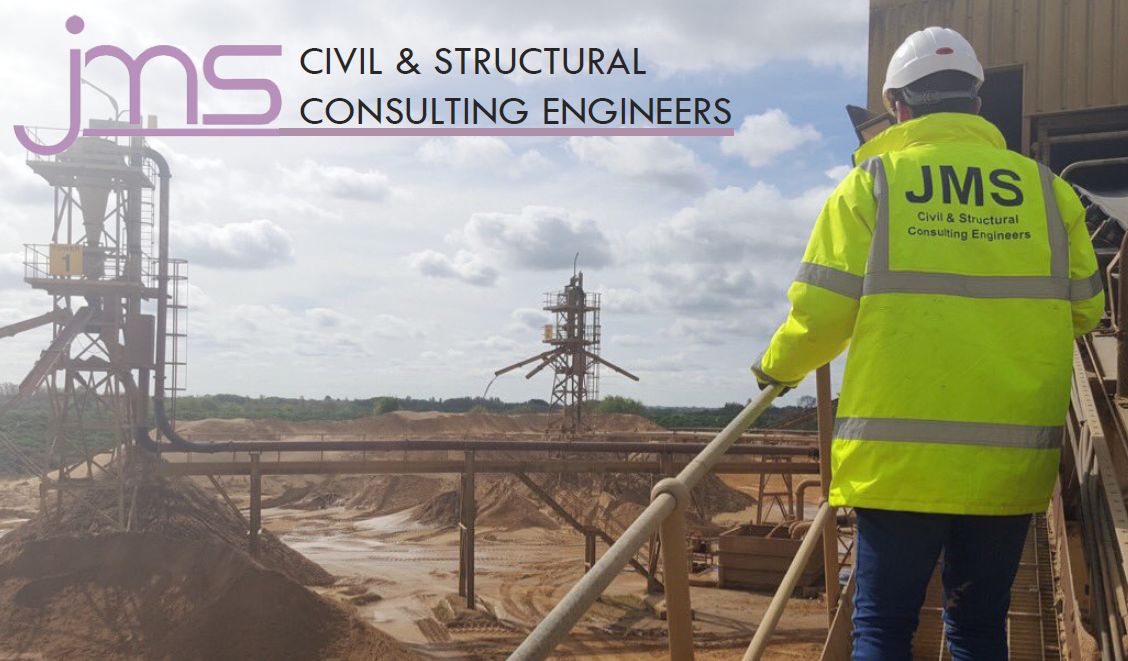 Could Philip Hammond’s red box have contained yet another inappropriate
gesture to further slow the required housing and commercial growth and
infrastructure in this country?
Could Philip Hammond’s red box have contained yet another inappropriate
gesture to further slow the required housing and commercial growth and
infrastructure in this country?As a result of his April Budget speech, he has been accused of plotting a tax raid on the self-employed with news that the Treasury will raise an extra £145m by 2022 through a series of (NI) national insurance rises.
The Chancellor said that to make the system ‘fairer’, NI contributions will rise for the self-employed by 9% to 10% from April next year. It will rise to 11% in 2019 – directly penalising those preferring or needing self-employment status.
Brian Berry, the chief executive of the Federation of Master Builders, said: “Increasing tax on the self-employed is not helpful. If we want to establish a resilient, Brexit-proof economy, we must encourage and support our current and future entrepreneurs in the construction industry and beyond.”
The flexible advantages of self-employment for technically capable young Civil and Structural Engineers may now be outweighed by these new financial penalties. The independence of self-management and self-ownership now has detrimental tax implications to add to others, such as the current surge in business rates and other onerous fiscal reporting responsibilities.
 Many have seen this as their first step in developing their own consultancy,
their own business, their first step on the entrepreneurial ladder to fame,
fortune (and a decent motor car). First self-employment, then contracted
relations, perhaps an LLP and eventual directorship of your own company or
partnership. It’s the young entrepreneurial dream.
Many have seen this as their first step in developing their own consultancy,
their own business, their first step on the entrepreneurial ladder to fame,
fortune (and a decent motor car). First self-employment, then contracted
relations, perhaps an LLP and eventual directorship of your own company or
partnership. It’s the young entrepreneurial dream.NI rises and the loss of tax relief on dividend payments now leaves the self-employed and ‘off-payroll’ contractor with much to think about.
But. Need you lose independence, flexibility, self-drive, proprietorial rewards (without proprietorial penalties) by stepping back into the fold of a forward thinking consultancy.
Daniel Staines, Group Managing Director, JMS Consulting Group Limited has been down this route and now has teams in offices in Manchester, the Midlands, London, Chelmsford and East Anglia. But these are teams with a difference. They have independent goals / budgets and the flexibility to grow each office as a self-driven business.
This doesn’t mean they don’t have guidance and it doesn’t mean they don’t have technical experience and skills in depth.
Structure is delivered through motivation, mentoring, systems and procedural regulation.
Technical skills sit behind the independent face of each office and the teams within them, in the form of an intranet of ‘cleverness’.
If there’s a big project in East Anglia - such as the redevelopment of multi-storey residential and commercial buildings along Ipswich’s Orwell waterfront - the project leaders can immediately double their resources by using specialist skills in London or Chelmsford for technical support
.
It is the self-motivation of would be self-employed individuals with entrepreneurial flair that keep the fuse wire of business development alight across JMS.
The friendly competition of business success between regions and within teams is balanced by the group hug of corporate ethos and reward.
If you are sitting in a lonely office wondering how to deal with your pay cut and increased overheads, be brave, step back into the fold but please – keep your sense of proprietorial self-drive.
If you are interested in joining our progressive team, click on the logo below and select 'careers' on the JMS website - we're looking forward to hearing from you.
This blog was inspired by Daniel Staines and Philip Hammond
- many thanks to both
We add
value to every project we have been,
are, and will be equally proud to support.
are, and will be equally proud to support.



No comments:
Post a Comment